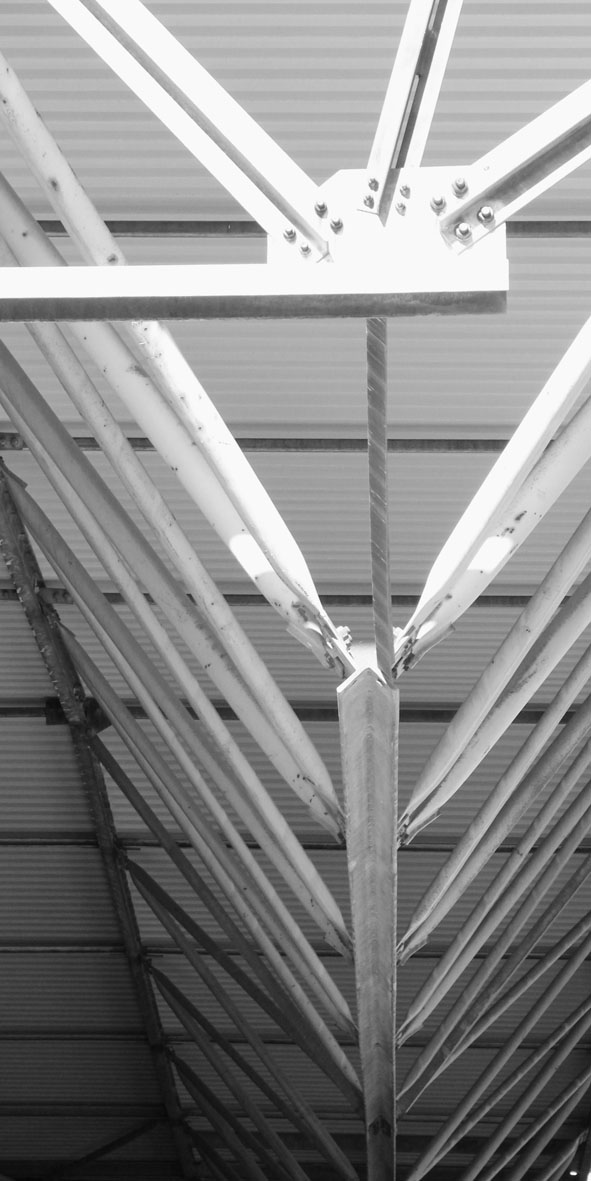Constructing in a System: Research, Teaching, and Building Practice in the German Democratic Republic after 1960

In the state-controlled construction industry in the GDR, one of the ideals of modern architecture, the “engineer’s utopia” of mass-produced buildings, was realised in a nearly ideal form. The integration of the construction industry and research institutions created a large-scale industrialised building laboratory devoted to the development of a large number of serial structural systems for housing and public services.
The proposed research project will approach the analysis of the steps taken in the development of the modular structures used in public buildings from an engineering perspective. The focus of this work will not be on products but rather on processes. By analysing four construction systems developed between the 1960s and 1980s, this study will investigate the generation and transfer of construction knowledge at the Cottbus School of Civil Engineering and the Wohnungsbaukombinat Cottbus (a state-owned housing construction company).
The project starts by analysing the institutional structure associated with construction research and the teaching methods of the Cottbus School of Civil Engineering. This research will place a special focus on the contribution of student work in central research and development projects. Using the investigation of representative construction systems as a basis, the GDR processes of planning and refining will be studied. Comprehensive structural surveys and structural analyses of selected prototype buildings will be conducted. The underlying concepts of iterative design, optimisation, and the verification of serial structures can be reconstructed. Such reconstructions will facilitate a better understanding of the interferences between a series and prototype and of the knowledge transfer between the design team and the construction site.
Researcher: Konrad Frommelt
